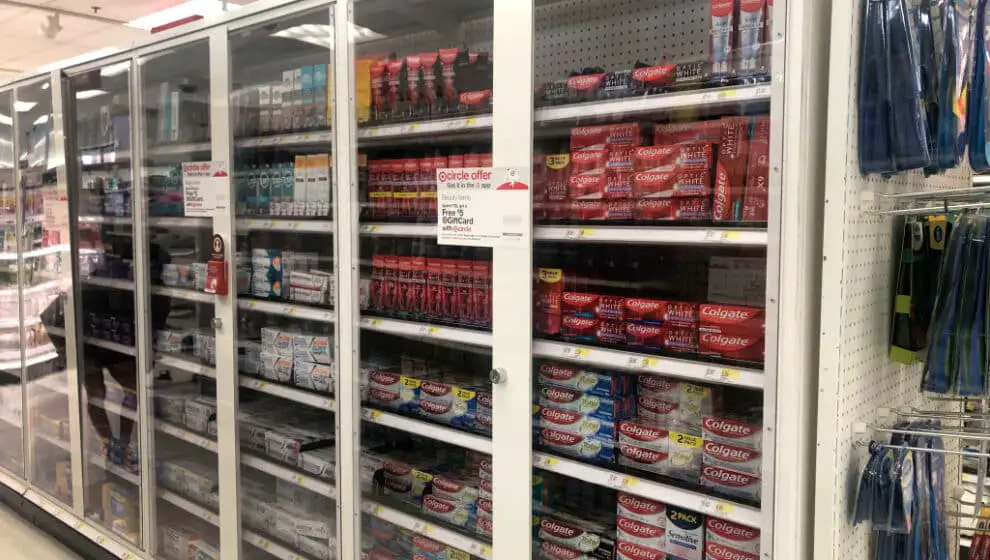Many stores have opted to lock merchandise up to stop retail theft, and it has actually hurt revenue, driving more shoppers to switch to online shopping.
Key Details
- Retail theft amounts to nearly $100 billion, according to the National Retail Federation’s 2022 National Retail Security Survey.
- The high theft rate has led to many items in stores being locked up, which has caused sales to drop 15% to 25%.
- The hassle of asking an employee to unlock a case to retrieve an item deters many customers, leading them to buy the products online rather than in-store.
Why it’s news
Retail theft has been on the rise, amounting to nearly $100 billion in stolen merchandise.
The increase in thefts has led many retailers to begin locking up smaller items like beauty products, toothbrushes, toothpaste, medicine, and other easy-to-steal items.
Customers have to locate an employee to unlock the case to purchase an everyday item, which has deterred many shoppers from shopping in-store.
Locking up everyday items can cause sales to drop 15% to 25% due to consumers not wanting to deal with the inconvenience of unlocking a case, says anti-theft technology company Indyme CEO Joe Budano.
The inconveniences lead shoppers to do a majority of their shopping online to avoid the hassle of unlocking cases to get simple items in-store. Retailers have also been equipping popular stolen items with sensors and other security items to attempt to stop people from stealing the items.
The government has also stepped in to attempt to combat shoplifting. Representative Ken Buck (R-CO), Representative Dina Titus (D-NV), Representative Susie Lee (D-NV), and Representative David Joyce (R-OH) introduced the Combating Organized Retail Crime Act of 2023 legislation to increase federal response to shoplifting.
President Joe Biden also signed the Integrity, Notification, and Fairness in Online Retail Marketplaces For Consumers (INFORM Consumers) Act late last year, which will go into effect in June.
The INFORM Act requires online retailers to verify the identities of third-party resellers to help combat stolen and fake items from being sold.
